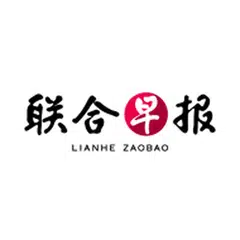Macau's 'junket mogul' and his unnerving name list of Chinese gamblers
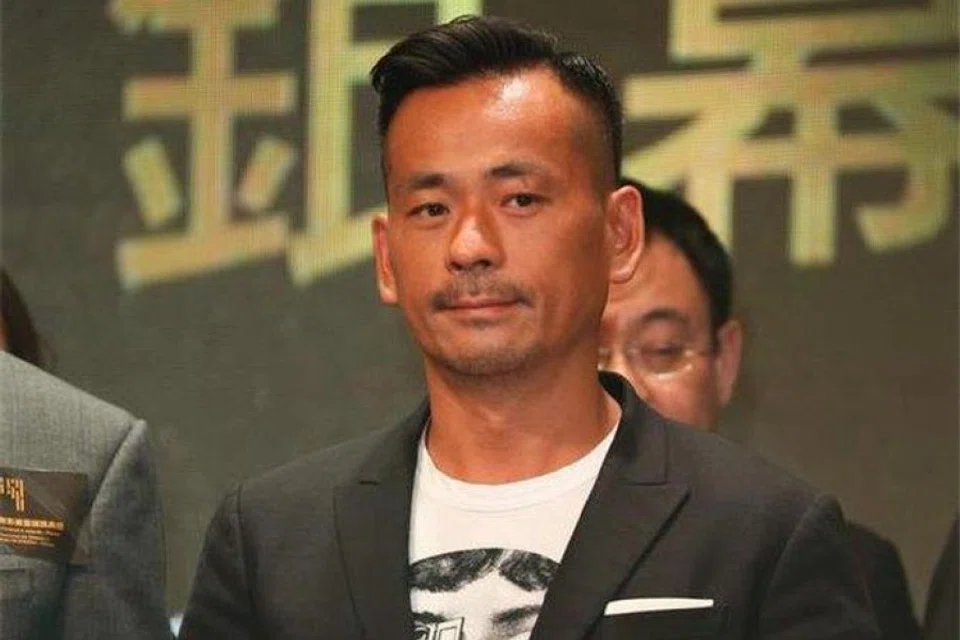
Alvin Chau Cheok-wa is in trouble.
The chairman of Macau's biggest casino junket operator Suncity Group Holdings, known by his nickname Sai Mai Wa (洗米华, literally "rice washer Wa"), is reported to be held in Macau's Coloane Prison on allegations of illegally running casinos, which has seriously hampered social order. Share prices of listed companies under Chau tumbled on 29 November, also affecting the prices of other gambling stocks in Macau. Both Suncity's Hong Kong and Macau websites were inaccessible on 1 December while trading in the group's shares in Hong Kong were also suspended, the second time this week.
On 28 November, the Macau Judiciary Police (Polícia Judiciária, PJ) called a press conference to report that it had cracked a case of illegal gambling and money laundering, with 11 suspects held, among them a 47-year-old businessman surnamed Chau. Those arrested admitted to establishing an overseas gambling platform and running illicit online betting activities, but refused to cooperate in other areas of investigation.
Mainland Chinese netizens may not be familiar with "Sai Mei Wa", and many Weibo users have argued if this person's surname is "Sai" (洗, xi in hanyu pinyin) or "Sin" (冼, xian in hanyu pinyin). Sai Mai Wa is actually the nickname of a character from the Hong Kong comedy series City Japes, played by Spencer Leung Sze Ho. Chau, with his celebrity-style good looks, was tagged with the same nickname because he looks like Leung; his real name is Chau Cheok-wa.
After Chau's arrest, netizens finally realised: "washing rice" is actually Cantonese slang for "money laundering".
Chau's Suncity Group has frequent collaborations with movie production houses in mainland China, many of which are patriotic-themed movies; now, there are suspicions that he has been using the entertainment industry for money laundering.
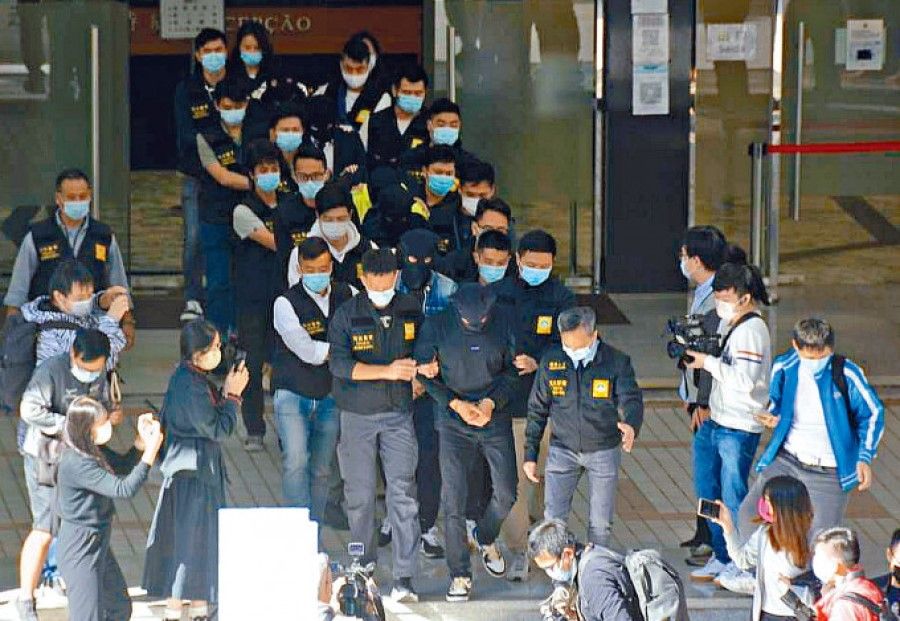
Former CPPCC member for Guangdong
Before this, online reports about Chau came in three categories: women, gambling, and movies. Another smaller category would be news with a political tinge.
The "battle" between Chau's entrepreneur wife Heidi Chan and his mixed-race model mistress Mandy Lieu was occasional fodder for the entertainment pages, ending with Lieu's exit after having her fourth child with Chau. Meanwhile, Chau's Suncity Group has frequent collaborations with movie production houses in mainland China, many of which are patriotic-themed movies; now, there are suspicions that he has been using the entertainment industry for money laundering.

Before Chau got into trouble, he was a member of the Guangdong provincial committee of the Chinese People's Political Consultative Conference (CPPCC), and a member of Macau's Cultural Industries Council. In 2020, he received the Certificate of Donation from the Liaison Office of the Central People's Government in the Macao Special Administrative Region for his effort in the fight against the pandemic. In 2019, he met with the deputy director of the Macau Liaison Office, in his capacity as head of the Inspirational Youth Association (IYA).
This former "inspirational youth" speaks decent Mandarin, and recently recorded a video clip in Mandarin expressing "gratitude" on the 100th anniversary of the Chinese Communist Party (CCP).
Media investigations revealed that Chau's family history is linked to Macau triad boss Wan Kuok-koi, known as Broken Tooth Koi (崩牙驹).
Chau started from the bottom as a junket operator, or someone who brings gamblers into casinos and provides loan services. In 1995, he joined a group under one of Wan's subordinates, and could only be considered a "grand-disciple" of Wan.
He himself once said: "I cannot be called a king of gamblers; at most, a king of gambling halls."
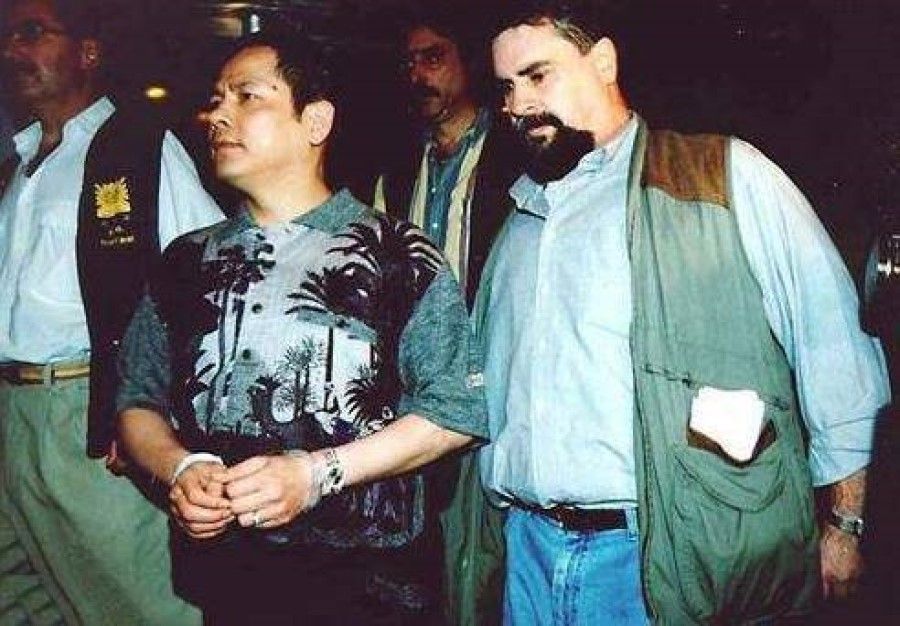
After Wan was jailed in 1999, Chau visited numerous times, and Wan was moved to give Chau 30 million Macanese patacas (MOP) via his "brothers". Chau put the money towards his career and rose from "runner" to the billionaire king of Macau casinos. After Wan's release in 2012, he looked Chau up, hoping for a 10% share in his company, as he thought of the MOP$30 million as an investment. However, Chau considered the money a loan, and fended Wan off by returning his MOP$30 million.
"At most, a king of gambling halls"
Despite making his fortune through the gambling industry, Chau is not a "king of gamblers". He himself once said: "I cannot be called a king of gamblers; at most, a king of gambling halls."
Chau does not have a license to run casinos in Macau and can only operate gambling halls, which means reserving VIP gaming rooms in casinos and acting as a betting agent, providing transport, accommodation, and F&B for customers to get them to spend money in the casinos and earning commission or other forms of remuneration.
Chau's Suncity Group is the biggest such betting junket operator in Macau in recent years, reportedly accounting for 40 to 45% of market profits, or about 15% of Macau's overall earnings from betting in 2019.
Being a junket operator is not the problem; the problem is that Chau allegedly ran casinos illegally within China. A statement from the Wenzhou public security bureau said "the acts are of an aggravated nature."
...as of July 2020, the cross-border "crime syndicate" led by Chau had an estimated 199 shareholders and more than 12,000 promotional agents, with a network of more than 80,000 gamblers across the mainland.
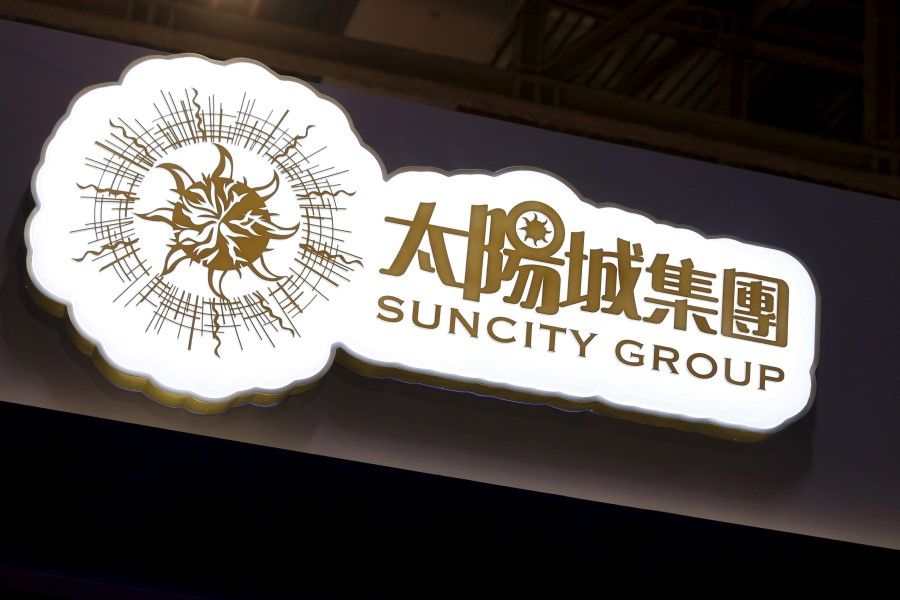
80,000 members within China
The statement cited figures to say that as of July 2020, the cross-border "crime syndicate" led by Chau had an estimated 199 shareholders and more than 12,000 promotional agents, with a network of more than 80,000 gamblers across the mainland.
"The amount of money involved was exceptionally large, seriously damaging our country's social management order," the security bureau said.
So, how do these 80,000 members gamble?
The statement said that since 2007, Chau contracted junket operators in casinos in Macau, and in 2016 started online gambling platforms in the Philippines.
"Chau recruited mainland Chinese personnel as shareholder-level agents and gambling agents, and organised Chinese citizens to gamble in his contracted overseas junkets and participate in cross-border online gambling activities through granting high credit, promoting gambling, providing transportation services and technical support."
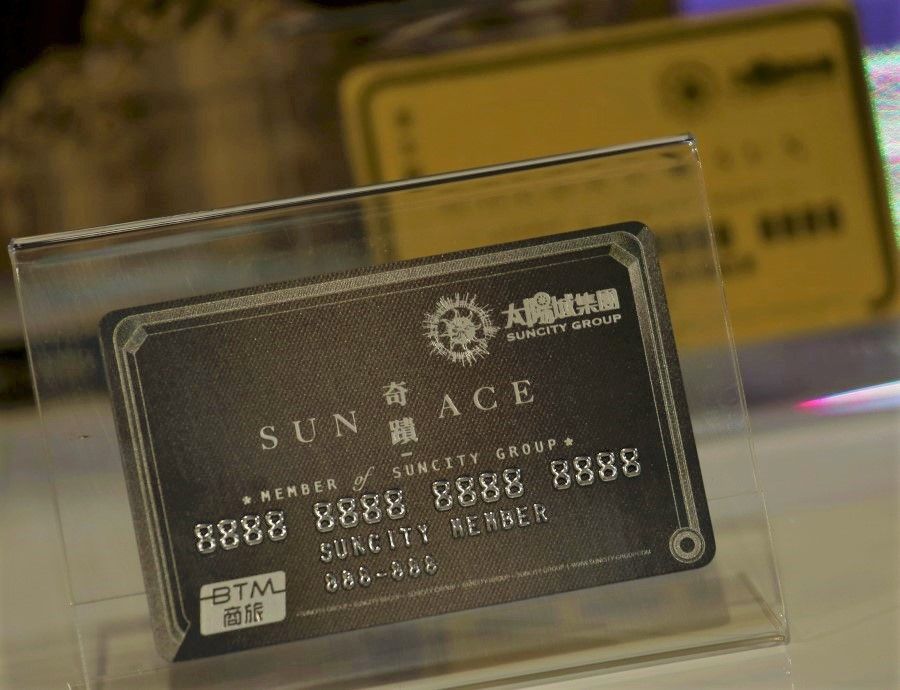
In addition, Chau set up an asset management company in mainland China to provide services for gamblers to exchange assets for gambling chips, helped to collect gambling debts, assisted clients in cross-border capital exchange, and used underground banks to provide gamblers with funds settlement services.
In other words, Chau used both physical and online means, setting up online casinos in the Philippines and other places outside of China, allowing customers to participate in overseas gambling from within China, through a one-stop service in China.
...the Philippine and Cambodian Suncity online gambling platform controlled by Chau had an annual betting volume of over a trillion RMB on the mainland, which was "nearly twice the annual income of China's lottery".
Annual betting volume twice the annual income of China's lottery
While the statement did not list the specific figures of the amount involved, more information was provided by a 2019 Economic Information Daily report.
The report said that the Philippine and Cambodian Suncity online gambling platform controlled by Chau had an annual betting volume of over a trillion RMB on the mainland, which was "nearly twice the annual income of China's lottery". The annual profit was as high as tens of billions of RMB, and these funds flowed overseas via underground banks.
The report also mentioned that the Suncity online gambling platform attracted a large number of mainland Chinese gamblers through Macau casinos, and that almost all registered members of Suncity's VIP clubs are patrons of Suncity's online gambling platform as well.
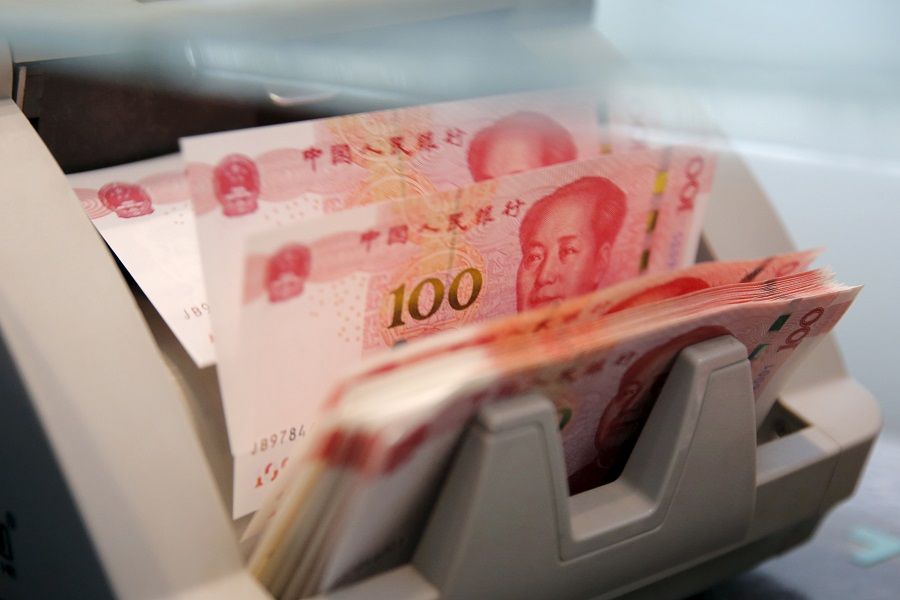
Based on descriptions, while the casinos were far away in the Philippines and Cambodia, as soon as gamblers in mainland China logged in to the platform via their computers and mobile devices, they would be able to see the entire casino, including the real-time scenes of dealers handing out cards. After they tapped the screen to zoom in, they could even see the "banker's pile" and "player's pile" placed in front of the dealer. Gamblers would watch the real-time video and place their bets with the assistance of Suncity's telebettors, enjoying an immersive gambling experience.
According to local media and Reuters, Suncity Group is closing all its VIP gaming rooms in Macau casinos on 1 December. Suncity operated VIP rooms in properties owned by all six of Macau's licensed casino operators, including Wynn Macau, Sands China, MGM China, SJM Holdings, Melco Resorts and Galaxy Entertainment.
Chau's arrest may send some private enterprise entrepreneurs and civil servants into a state of panic.
Most online gamblers entrepreneurs of private enterprises and civil servants
According to people familiar with the matter, the application of this platform supports voice recognition functionality. Apart from Mandarin, it also supports other localised languages such as Cantonese and Northeastern Mandarin, and appears to be specifically designed for the Chinese market. Betting amounts can even be settled in RMB in the mainland.
Back then, the Economic Information Daily even contacted nearly 30 people who had once gambled on Suncity's online gambling platform. These people mainly come from the more developed Chinese regions, especially capital cities and the more developed medium and large cities. They are mostly entrepreneurs of private enterprises and civil servants, and cover all social classes.
That is to say, Chau's arrest may send some private enterprise entrepreneurs and civil servants into a state of panic.
On 29 November, the Hong Kong Economic Journal published a commentary by Hong Kong financial columnist Ko Tin-yau saying, "Now that over ten people related to Alvin Chau are arrested, the 'Alvin Chau' list that is in his hands should be a shocking one."
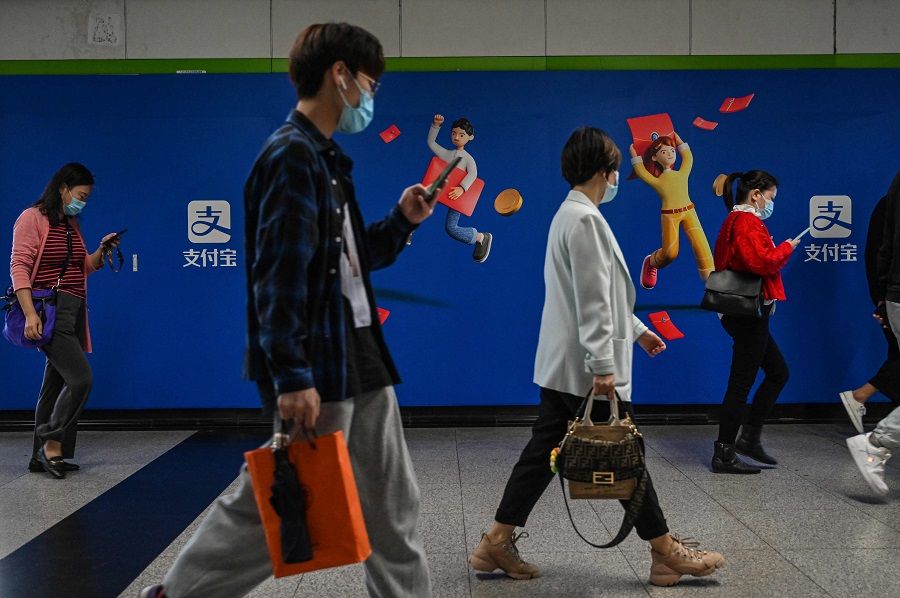
Ko predicts that all 80,000 members on the list could be tracked down via QR codes.
And how is this possible?
Ko linked the People's Bank of China's (PBOC) suspension of Alipay and WeChat Pay's individual payment collection with QR code to Chau's arrest, making the above conclusion.
Every gambler leaves behind a trace?
On 13 October, the PBOC released a statement on strengthening the management of payment acceptance terminals and related businesses (《中国人民银行关于加强支付受理终端及相关业务管理的通知》), which prohibits the use of personal payment codes on Alipay and WeChat Pay for remote non-face-to-face payment collection from 1 March 2022.
Based on the commentary, the statement did not cause much of a ripple when first released, and it was not until over a month later on 26 November that many small and medium-sized merchants realised that a great challenge lies ahead of them. State media including Xinhua News Agency then quoted the explanations of a central bank spokesperson, who said that the new law is not intended to prohibit small and micro-merchants and street vendors from using personal QR codes to collect face-to-face payments, but is intended to crack down on remote non-face-to-face payment collections.
In the 13 October notice and the later explanation, the PBOC spokesperson also pointed out that some criminals have used personal static payment codes to engage in remote point-to-point transfer of gambling funds, and scattered and concealed these transactions among numerous normal transactions, providing payment channels for cross-border gambling activities and affecting the traceability of gambling-related capital chains.
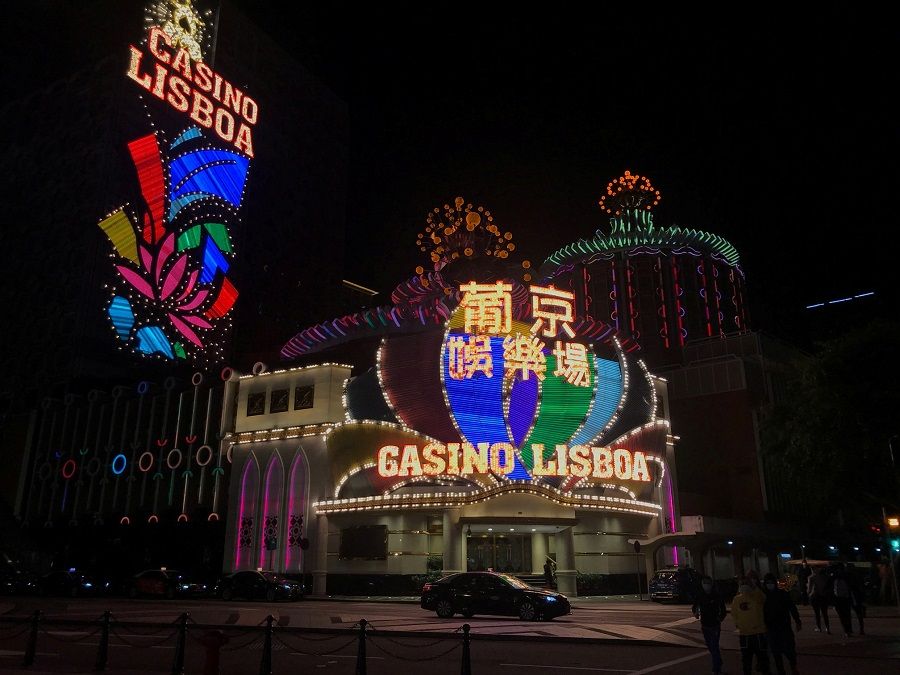
It is clear that the PBOC strives to cut off capital chains related to cross-border gambling and other crimes. Coincidentally, the Wenzhou public security bureau issued an arrest warrant for Chau over alleged links to cross-border gambling. It is inevitable that people would think that these two incidents are related.
The commentary also mentioned that, if the situation is just like what the PBOC has described, that many gamblers transferred their bets via QR codes, the list in Chau's hands following the arrest of Chau and ten other people would perhaps be a shocking one.
According to the commentary, if one traced the QR codes of 12,000 "bate-ficha" one by one, a large number of civil servants and employees of state-owned enterprises would be exposed because every gambler leaves behind a trace. A group of people would be tossing and turning at night in the future, the commentary added.
...the clampdown signals a new era for gambling in Macau and its relationship with mainland China, and that Beijing "will no longer tolerate Macau promoting in any form or manner gambling into the mainland".
While this commentary thinks that the crackdown on cross-border gambling aims to increase taxation and prevent foreign exchange losses, other analyses think that this move is aimed at correcting social trends and maintaining social stability. Reuters quoted a Macau gaming industry consultant as saying that the clampdown signals a new era for gambling in Macau and its relationship with mainland China, and that Beijing "will no longer tolerate Macau promoting in any form or manner gambling into the mainland".
While Chau and the rest who were arrested admitted to establishing the overseas gambling platform and conducting illegal telephone betting activities, he refused to cooperate with other investigations. Follow-up investigations of the case and its trials are bound to attract attention. Will more people be involved behind this, and how powerful would they be? Is it possible that those who would be tossing and turning at night would not only be the gamblers alone? Related: From Hong Kong movies to Greater Bay Area movies: A new Hollywood of the East in making? | Celebrities scrubbed from the Chinese internet: Victims of China's social revolution? | Li Yundi's case shows the immaturity of Chinese society? | Kris Wu's downfall and the dark side of big capital | Will the Chinese government's crackdown on cross-border crime in Myanmar work?
